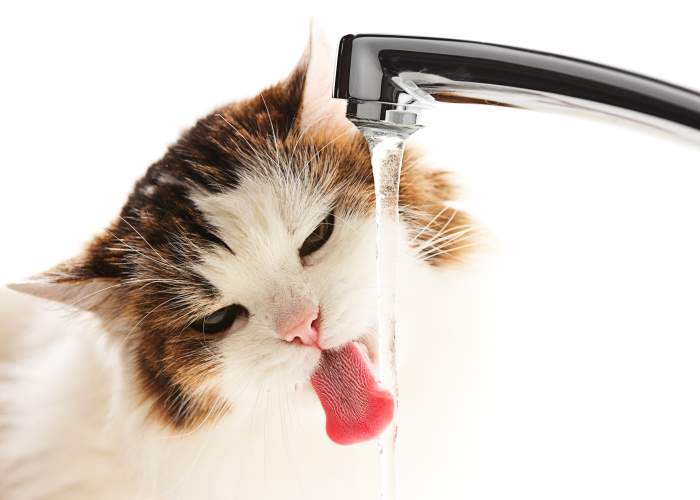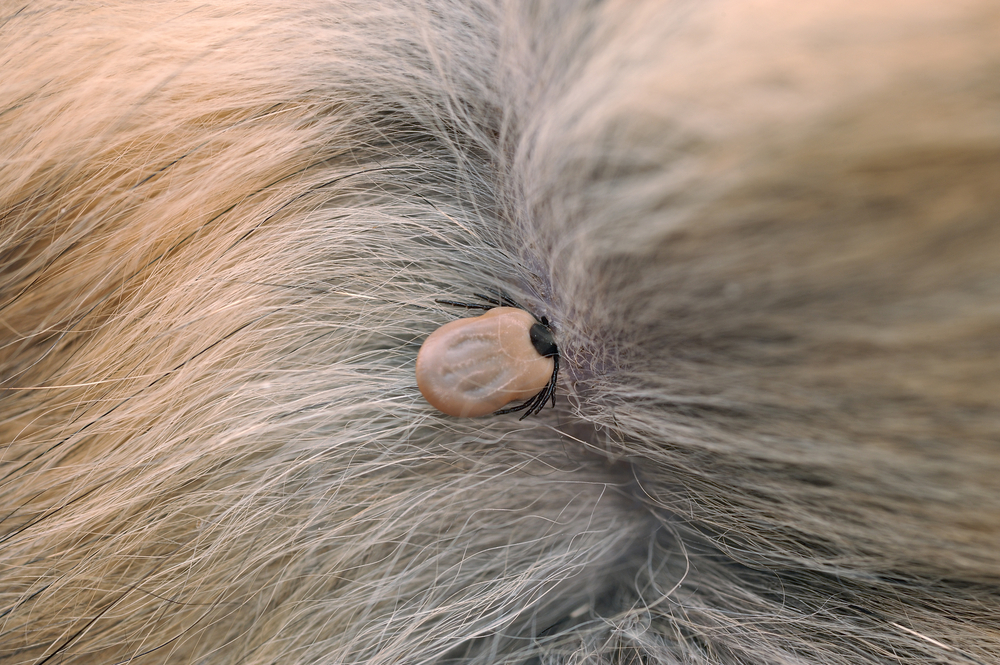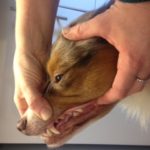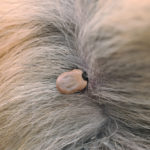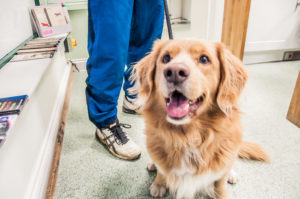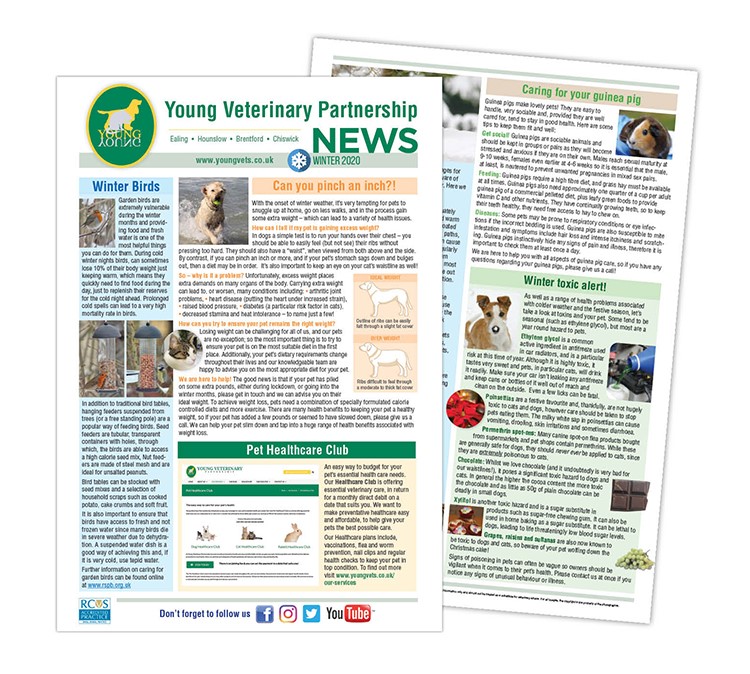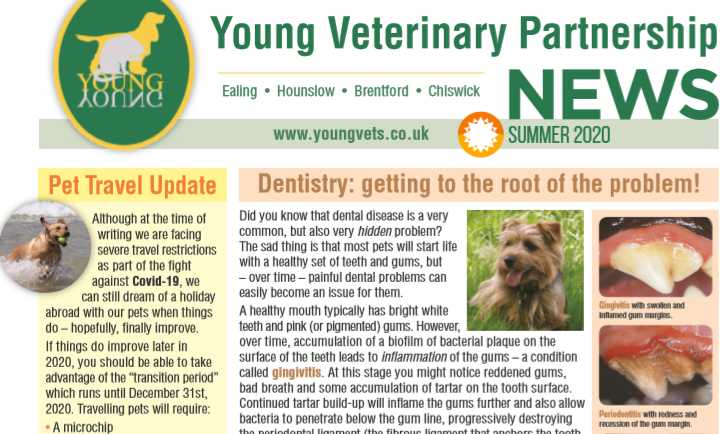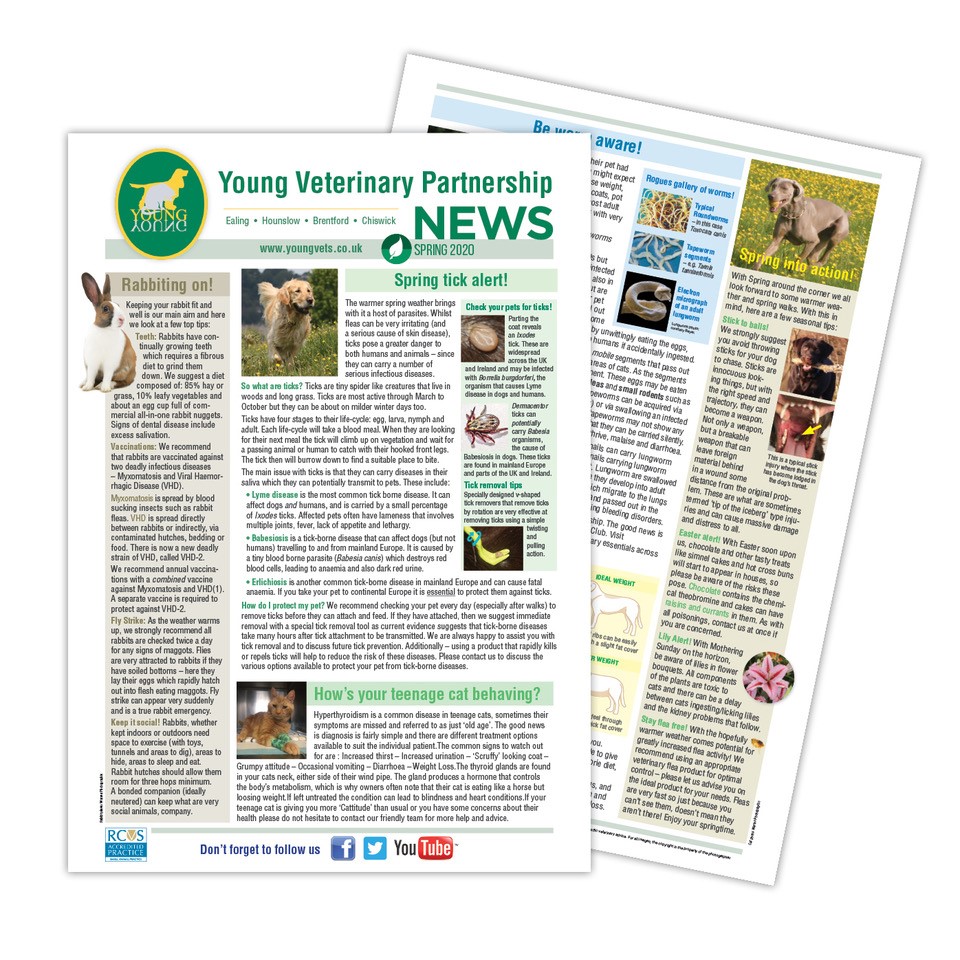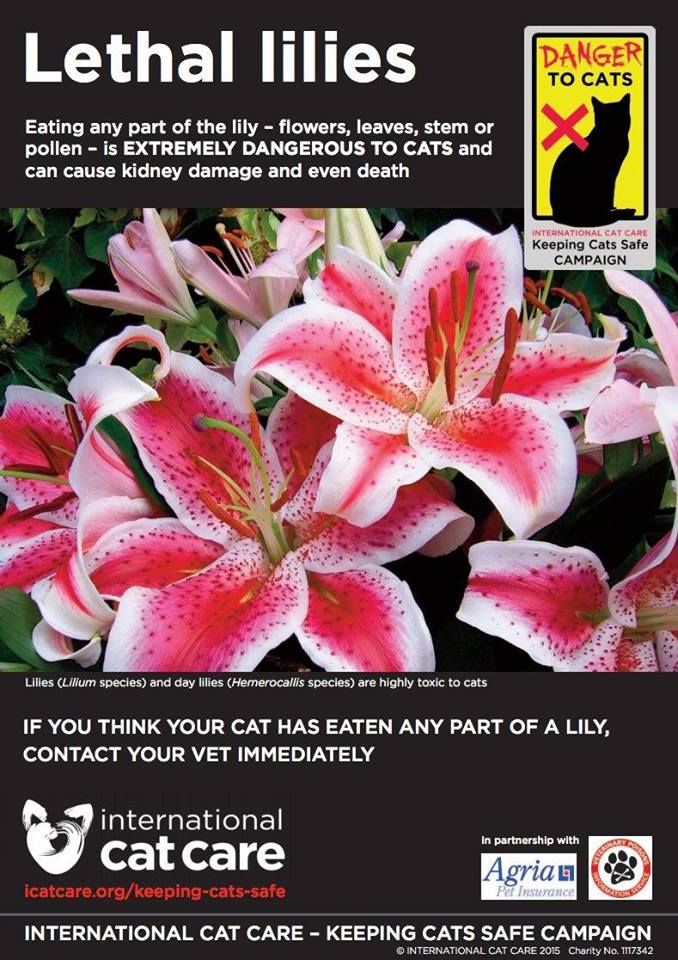When is itchy skin a sign your dog should visit the vet?
Every dog loves a scratch, yes? Dogs itch, just like they bark at cats, shake after rainfall and growl at the postman. But when is a good scratch actually a bad scratch? Sometimes scratching belies a deeper problem that needs proper attention. Here’s what to look out for to prevent your furry friend from any skin-related stress.
Excessive scratching
Given your wet-nosed pal’s propensity to claw away at his coat, it’s easy to overlook the odd scratch, but you know your dog best. Observe how long they spend scratching and where on their body seems to be irritating them. Is it one place specifically? Is it causing them stress? Are they super focussed on a specific area? That’s no ordinary itch!

Biting their legs/feet
If your dog is gnawing furiously at their paws or legs, chances are there’s a problem that’s literally skin-deep – and without treatment it’s only going to worsen. If their skin has dried out, it may be causing them pain, and nobody wants to see their dog in distress.
Skin blemishes
Noticed anything unusual just beneath the coat? Have a closer look through the fur to inspect for raw spots. Redness, flaky patches and bleeding means that their skin is damaged and needs attention. Providing your pet lets you, and isn’t already too sensitive from all the surface distress, have a good check through and see if there’s an obvious looking problem. A bath is a good time to inspect more thoroughly, but remember that if he is already suffering he might be even more reluctant than usual to participate.
(Too much) ear scratching or head shaking
Dog’s ears aren’t just a velvety accessory. They also act as a great antenna to transmit to you your barking buddy’s state of mind. They alert you to excitement, lethargy, sadness and the rest – the Greek chorus of canine kind, and a valuable asset to all dog owners to let you know how your four-legged friend is feeling. Same too with itchy skin. A dog’s ears are prone to excessive itchiness. Intense scratching or shaking their heads means there’s a problem to be addressed. Again, keep an eye on the ears. If he’s doing it for longer and with greater intensity, check for inflammation beneath the fur.

Licking
Your mutt will use whatever means they can to soothe that itch. If their skin is still prickly and burning, expect to see that long pink tongue rolling out to lick at the source of their pain. Again, keep a good eye on the amount of time they’re taking to attend to one spot. If they’re repeatedly returning to one area, then there may be an issue which may need medical relief.
What next?
Chances are, if your dog is itching excessively there’s a problem that needs to be addressed. Observation is key. It’s easy to dismiss a scratch as part of their usual behaviour. But keeping vigilant about their scratching is key to winning the battle against uncomfortably itchy skin. It’s normal for dogs to scratch, but constantly chewing their feet, flapping their ears or biting their behinds definitely isn’t part of their usual behaviour. If you think you’ve identified excessive itchiness, a vet visit is advised strongly.
Itchy skin is a symptom of many different ailments, from infections to allergies to parasites and disease. Your vet will be able to treat the itch whilst they try to diagnose the problem and provide the medical cure that’s needed.
if you have concerns that your dog is unusually itchy please do not hesitate to contact our friendly team for further help and advice.
Blog supplied by Zoetis
Written by Gemma Hopkins BVETMED, MRCVS.
